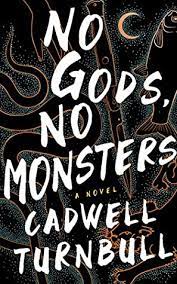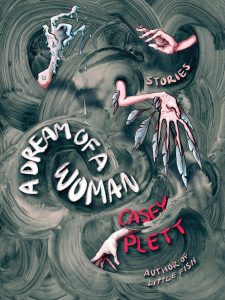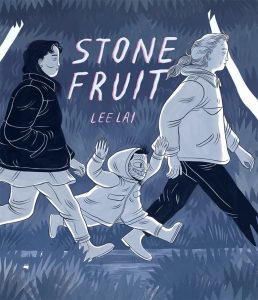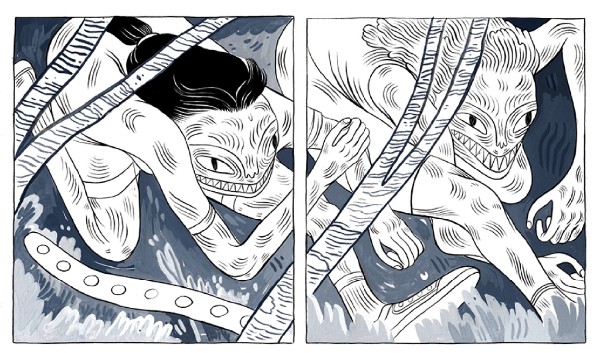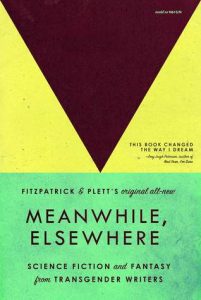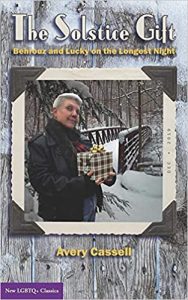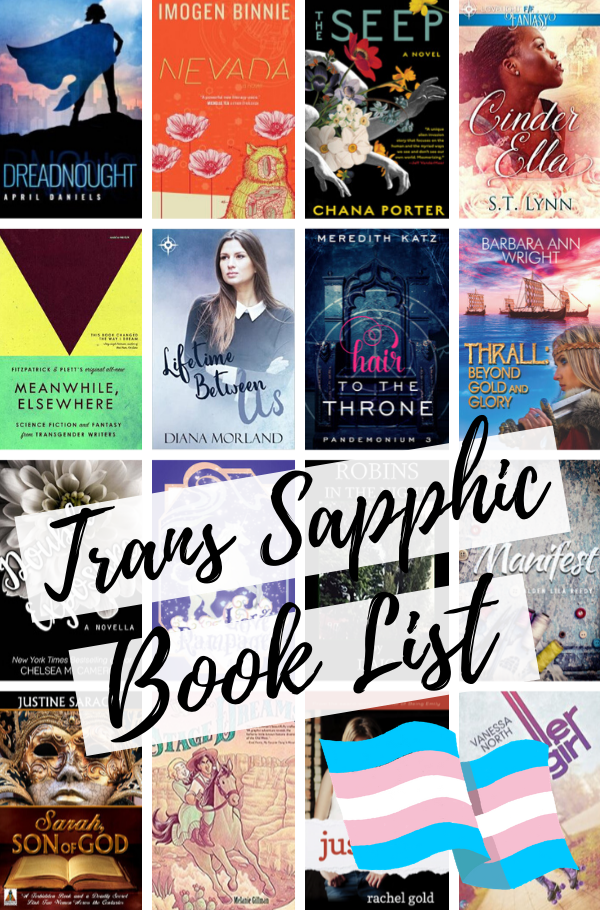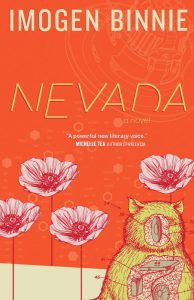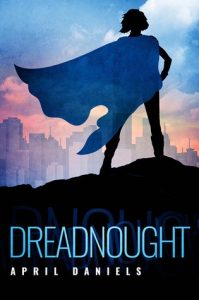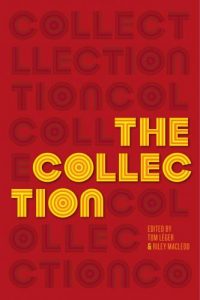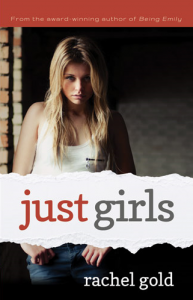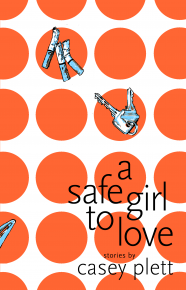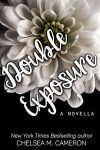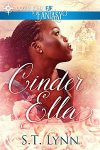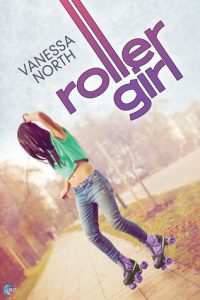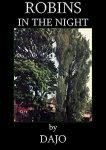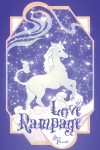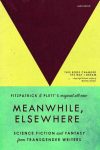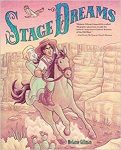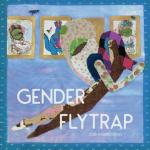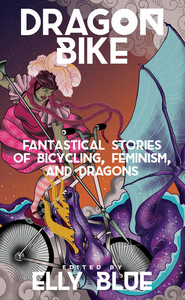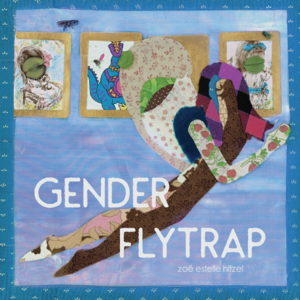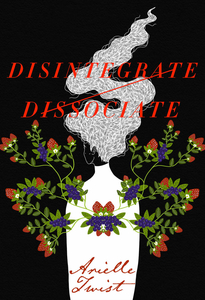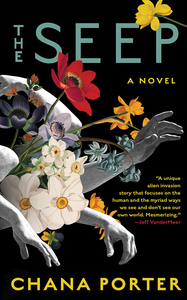Amazon Affiliate Link | Bookshop.org Affiliate Link
Caldwell Turnbull’s No Gods, No Monsters (Blackstone Publishing 2021) is an absolutely unputdownable blend of science fiction and fantasy set in a dark (and queer) world where all manner of creatures live and walk.
The central plot of the novel focuses on Laina, who receives news one morning that her estranged brother has been killed by police in Boston. Although the case seems to be a devastating case of police brutality, there are hints of something more under the surface. As Laina finds out what really happened to her brother, she and the rest of the world realize that there are creatures who share their world that they’ve only heard stories about. Now, these creatures are tired of hiding; they want everyone to know that they’re here, hoping that the world’s knowledge will keep them safe from those who would capture or harm them. However, this transition from invisible to visible is far from smooth, and as the threads of this story come together, the stakes get higher and higher.
No Gods, No Monsters is perhaps one of the best books I’ve read all year. I read this with the frantic pace of a reader desperate to find out what happens. This story has a magical quality, weaving many different threads together over the course of several hundred pages. Therefore, No Gods, No Monsters required careful reading to catch the connective tissue of each section and chapter. This literary detective work, however, was delightful because the mysteries throughout the novel are dark, creepy, and compelling. This book is the perfect read for fall and Halloween.
Turnbull’s representation of queer people is various, nuanced, and refreshing. The novel features a cast of queer characters from various walks of life, and their queerness effects their individual storylines to varying degrees throughout the novel. Because of the story’s winding and twisting structure, the characters are really what hold this narrative together. My investment in their lives and stories was immediate and kept me reading constantly. Turnbull also makes an interesting connection between marginalization, queerness, and otherness. He asks, who in our world risks violence through visibility? How can we protect them? How does our world need to change?
No Gods, No Monsters is a gorgeous book and one that I highly recommend if you’re looking for a spooky, queer read this fall!
Please visit Cadwell Turnbull on Twitter and put No Gods, No Monsters on your TBR on Goodreads.
Content Warnings: Trauma, sexual abuse, drug use, gun violence.
Rachel Friars is a writer and academic living in Canada, dividing her time between Ontario and New Brunswick. When she’s not writing short fiction, she’s reading every lesbian novel she can find. Rachel holds two degrees in English literature and is currently pursuing a PhD in nineteenth-century lesbian literature and history.
You can find Rachel on Twitter @RachelMFriars or on Goodreads @Rachel Friars.

